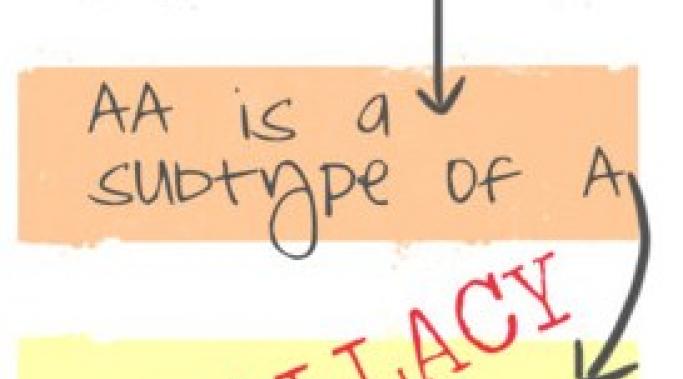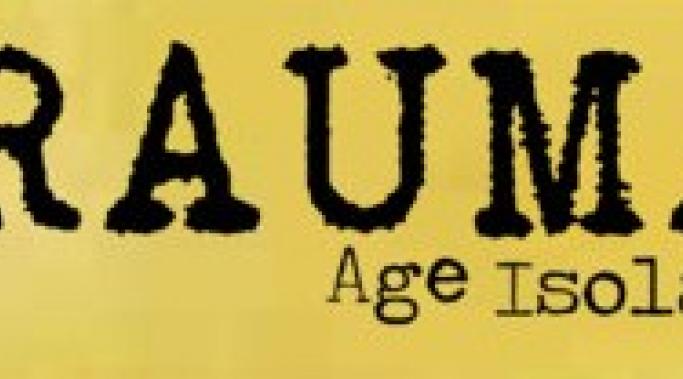Persecutory alters are something that can exist within a dissociative identity disorder (DID) system. We, ourselves, live with this kind of alter. We can feel threatened, taunted, and condemmed by this kind of alter. We are harassed with negative messages in our head, screaming that we deserved the abuse and the mistreatment and that we are worthy of death. These cruel messages are ones that persecutory alters in DID offer us. (Note: This post contains a trigger warning.)
Causes of DID
I have been asked recently, "Can I voluntarily give myself dissociative identity disorder?" For most of us with dissociative identity disorder (DID), our first reaction is to wonder why anyone would ever want to develop a disorder that can be so challenging, if not debilitating. The truth is, however, I have shockingly come across individuals inquiring how they can develop the disorder. Well, the answer to whether you can voluntarily give yourself DID is unequivocal.
Do we need to remember and process all traumatic memories in order to heal from dissociative identity disorder (DID)? When it comes to the complicated disorder of DID, there frequently are more questions than there are answers, and the explanation of the above question is no less difficult. Before I provide an answer, it is important to understand the way our emotional traumatic memories work and what it actually means to process and heal from them.
Even though dissociative identity disorder (DID) is considered a dissociative disorder according to the Diagnostic and Statistical Manual of Mental Disorders or DSM-5, many people refer to it as a trauma disorder. Much like in posttraumatic stress disorder (PTSD), people with DID often have a history of trauma and/or abuse. But is trauma always a requirement for DID?
A dissociative identity disorder (DID) diagnosis is complex and sometimes people blame themselves for their dissociative identity disorder. When people learn that they have DID, they tend to have a lot of questions, and unfortunately, there aren't always as many answers. People want to know what caused their DID. People want to know who is to blame. Sometimes that blame ends up turning inward. So what can you do when you start blaming yourself for your dissociative identity disorder?
There is an undeniable link between dissociative identity disorder (DID) and child abuse. Child abuse can lead to mental health problems that occur in childhood and can continue into adulthood. People often relate childhood abuse to depressive disorders, anxiety disorders, and posttraumatic stress disorder (PTSD), but dissociative identity disorder has the most significant connection to childhood abuse and neglect, so much so that the connection between DID and child abuse cannot be ignored.
I developed dissociative identity disorder in much the same way that many people do. I grew up with an abusive father and a loving, but oblivious, mother who inadvertently taught me how to pretend that what was happening to me wasn’t happening at all. I was an imaginative child and dissociation came easy to me. Telling the truth about what was going on in my home, however, has never been easy. So, when I told you not to go around saying that child abuse causes dissociative identity disorder, I didn’t do it because I wasn’t abused; I did it because I was.
All of the misconceptions about Dissociative Identity Disorder bother me because they create barriers to diagnosis, treatment, and support. But there’s one myth that bothers me for more personal and, up until today, private reasons. And that’s the assumption that child abuse causes Dissociative Identity Disorder.
Dissociative Identity Disorder is caused not just by trauma, but a number of factors that come together at just the right times, in just the right places, over and over again. I’ve discussed in some depth the factors that I believe contributed to my development of DID. But those factors might be different for you. Furthermore, each contributing factor carries its own weight. In other words, the causes of Dissociative Identity Disorder are unique to each person in both definition and size.
If I'd kept quiet about my brush with hospitalization a couple of weeks ago, my doctor would have been the only person who knew anything was seriously wrong. I missed a blog post the following Monday, but easily could have feigned some other, less embarrassing emergency. We were in the midst of moving and still managed, with a great deal of help that would have been necessary either way, to get the old place emptied and the new one full. Even my family didn't realize the jeopardy I was in. How is it possible to be desperately unwell and no one know? Dissociative Identity Disorder makes passing as normal not only possible for me, but nearly unavoidable.








